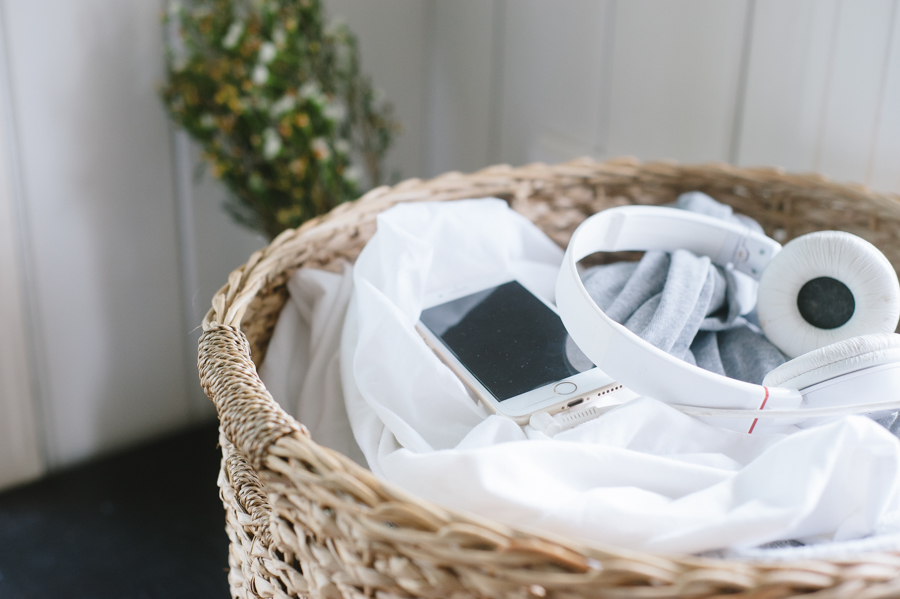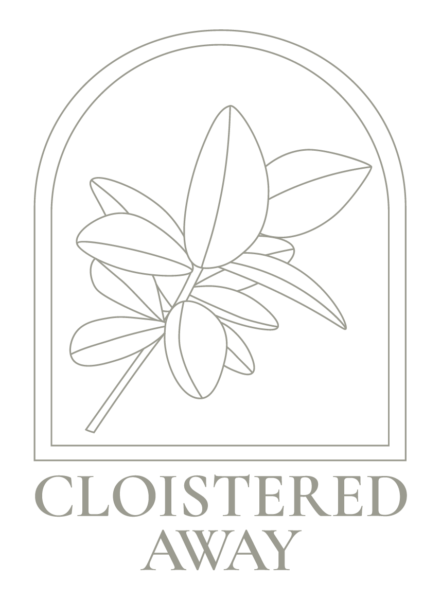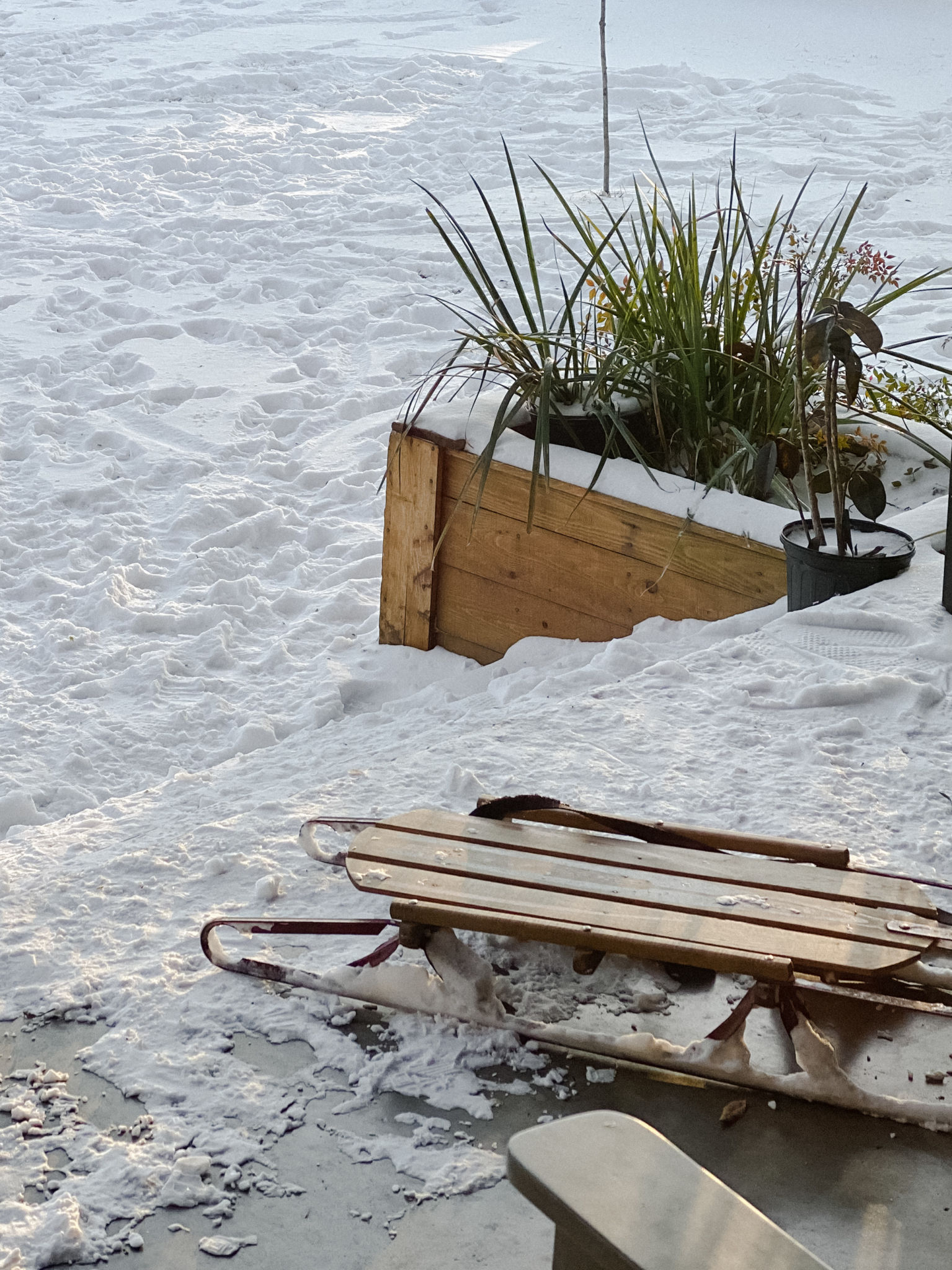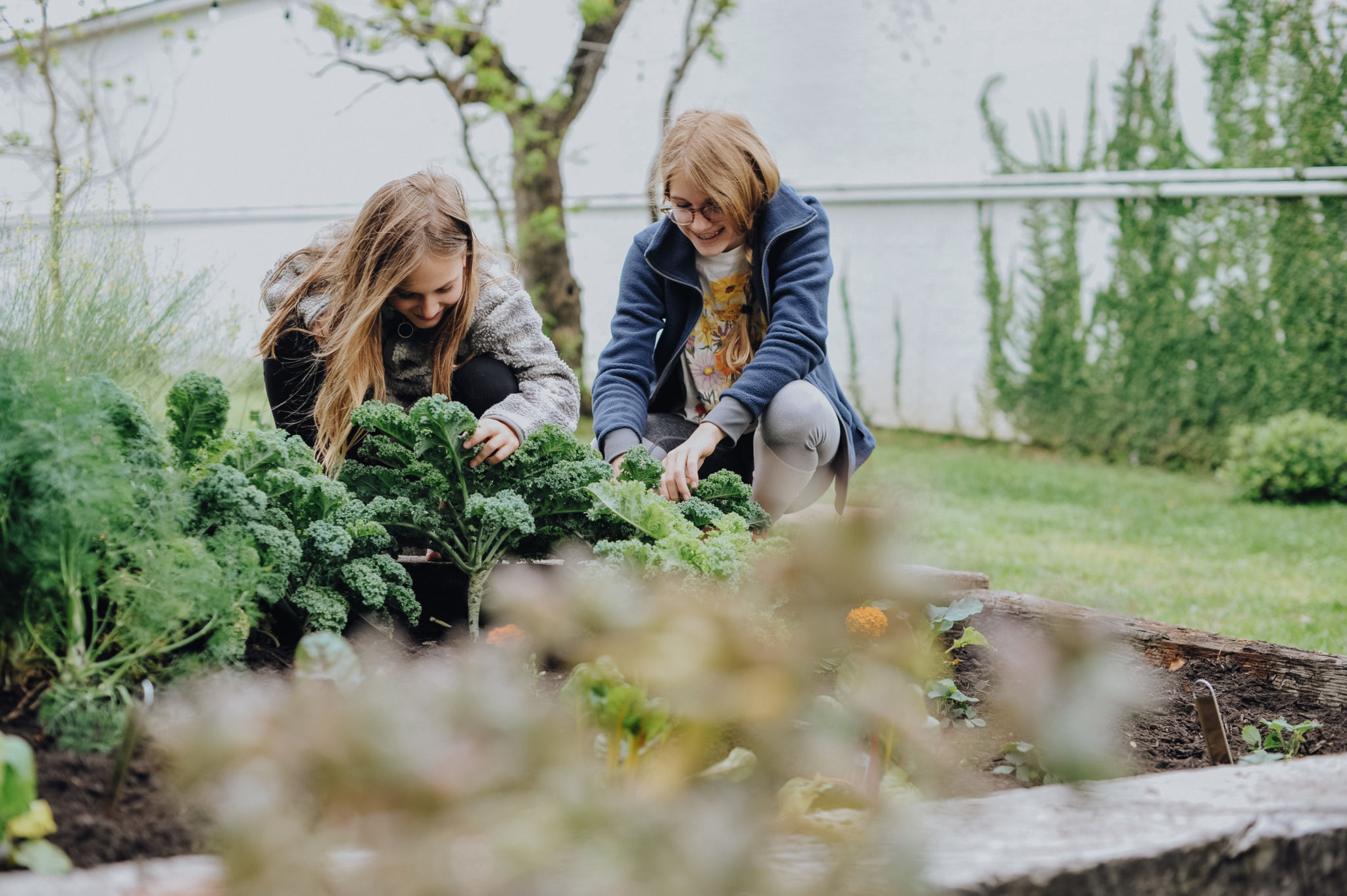
Consider the regular practice of unplugging a cleanse for the soul, an opportunity to listen to both yourself and others in a different way.
Like many thirty-somethings, I am old enough to remember life prior to the internet, before cell phones or personal computers or even dial-up internet access. I remember car trips without the option of screens or electronic navigation. I remember writing nearly everything by hand, from school reports to the little notes I passed to friends in the school hallways or left on the fridge or countertops for my parents, little evidences of where I had been. I remember the first time I heard about the world wide web and later opened my first personal email account. It sounds ancient now, even as I write it out, knowing these words are being read in another part of the globe, perhaps on a beach or a bus or a favorite bedroom chair. Technology has forever changed our human existence. It has more obviously changed the way we relate with others, but also the way we perceive and relate with ourselves.
It surprises me that on any given visit for a personal wellness check, my physician will ask me about my diet, drug/alcohol consumption, smoking habits, and stress levels, and yet not once ask how many hours a day I spend on a screen or whether I ever use my cell phone while driving, eating meals, or going to the bathroom. These questions seem just as relevant to my mental and emotional wellbeing. I do not think the internet is inherently bad or harmful to the self. It allows us to follow news threads around the world, to take classes online, pay bills without stamps, and avoid shopping malls altogether. We can read books, write essays, and share photographs and art with the world and connect with other people, businesses, and causes outside of our locales. Technology can build community. It can educate us and even begin breaking down cultural biases, introducing us to parts of the world we might not ever see or experience. But the point is: it is always connecting us.
Last year, when our family began practicing a regular Sabbath meal/day together, I also began practicing a weekly 24-hour break from my phone and computer. Most weeks, this lines up with our family’s sabbath day, but sometimes it doesn’t. Either way, it is an intentional 24-hour period where I make myself unavailable to email, interact on social media, work on the computer, and so on. I am unplugged. After years of working and connecting online, I have noticed my soul begins to ache after staring at a screen for too long. My brain begins to feel cloudy and weary, like it has multi-tasked for too long. Practicing a weekly rest from screens creates order and balance of self again. It prioritizes my life as it exists apart from the internet. It has also taught me to recognize when I need quiet, when I need to go outdoors and move my body or simply find a place to rest my thinking and stretch. This regular unplugging has revived the word unavailable again, and it feels good.


IDEAS FOR UNPLUGGING
read a book | I have recently begun re-reading Nicholas Carr’s The Shallows: What the Internet is Doing to Our Brains, a well-written book on how internet use is reshaping our neural pathways so that we are better skimmers and surveyors on information, but no longer able to focus or contemplate deeply. He writes, “What the Net seems to be doing is chipping away my capacity for concentration and contemplation. Whether I’m online or not, my mind now expects to take in information the way the Net distributes it: in a swiftly moving stream of particles. Once I was a scuba diver in the sea of words. Now I zip along the surface like a guy on a Jet Ski.” Reading books––real books––preserves the faculties of your brain that help you concentrate.
put the phone away | Even on a day I am not fasting from my screens, taking time to put to my phone away in the car or at the table or even on an average day at home is teaching my children something about phone etiquette, about offering preference to those whom you’re with over whatever might be happening elsewhere. Truly, I am not always wonderful with this, but I am learning. It is best if I tuck my phone in my purse out of reach, ignoring calls, texts, and emails until I arrive. I sometimes ask the kids to text for me, if it’s something time sensitive. Be patient with yourself and others as we navigate new cultural norms.
expect to listen | When I am struggling to write or think clearly during my day, I know I need to unplug. It helps me to hear my own voice again, to work with my hands and let go of distraction in my mind and heart. I might take a walk around the block or stretch for a few moments wherever I am in the house. I breathe deeply and listen more closely.
go outside | This seems obvious, but it is always so refreshing (except when it is 100 degrees) to be outdoors. Sometimes I work in the yard or play with the kids. I might make a picnic or on the best weather days spread a blanket in the yard to read a book or sift through new recipes.
RESOURCES, FOR THOUGHT
The Shallows: What the Internet is Doing to our Brains | Sherry Turkle “Connected, but alone?” | Tiffany Schlain “Growing Up the Internet”




Comments
Pingback: On Managing the Internet at Home - cloistered away
yes. this has been on my heart and mind as of late. we are all guilty of it but i have been trying to curtail that tendency to pick up the phone or tablet and veg out esp if other people are around. i see how isolating it can be to the people around us when we are on our devices. i was on the recieving end of this (to the max) not too long ago and it was very painful, frusturating and sobering. we can’t really be in two worlds well. it can be really frustrating to try and explain that feeling to those around us without sounding judemental…do you have any tips for that? thanks so much!
The topic of screens in general can be difficult to discuss without sounding presumptuous or haughty. In person or in this space, I always first want others to know this is my struggle, too. I am learning. We’re all learning. Personal cell phones are still such a new technology, and having conversations about the way they impact our lives and relationships is important. If I’m ever on my phone or computer when my husband or children want my attention, I tell them, “make sure I’m giving you eye contact.” I’m terrible about trying to listen and visually doing something else. But I also set boundaries. If I am working or writing something and don’t want to lose my train of thought, I tell them so. “I will be with you in a moment.” At the dinner table, I don’t bring my phone. Even if I take images of our table or the food, I then try to leave it elsewhere. I hope this helps.
This topic has been on my mind a lot as well. When you make your living online, it is so simple to justify overuse of technology. I am working on it and have found that mindfulness of how overuse makes me feel is one of the more helpful strategies for my personality. If I make it about rules or guilt for overuse, something in my personality rebels, but seeing “wow, I spent a lot of time with tech today and I feel like a zombie!” is more likely to lead to change. I hope to teach my kids that same self-awareness, but I am struggling to put that into practice.
Oh my goodness, I can relate. Even in my dialogues with the kids, I have to clarify, “I know you imagine I’m playing games over here on my screen, but really I am working.” It can be a fine line these days, and the lines are blurry. You are not alone in the struggle, but I think showing our kids that we are struggling with the same things they will is helpful for them. They will be far more connected than our generation, and knowing ways to preserve the self will be increasingly more important, I think. As always, grace to all of us as we stumble into new places, even the abstract ones. x
I’m reading your article while we are enjoying our holidays in Corsica! ;-)
Without internet it could not be possible to be connected to other people in the world just like that!
Thank you for sharing your taught and advices.
Eve
I can’t imagine a more beautiful place to unplug and disconnect from online life. Enjoy the quiet, Eve, and thank you. x
Oh yes I know I need this so bad but I still struggle to do it. Thanks for the gentle reminder and the tips at the end make me feel and I can do them with out taking the total unplug plunge…
I felt rushed to get this out this week, and perhaps in the rushing failed to articulate how hard this is for me, too, Becky. It’s amazing how often I pick up my phone and mindlessly click an app, even when I intended to make a phone call. It’s weird. I do so many things on and with my phone that it’s no longer intuitive (even to my subconscious) it’s place in the order of living. This practice has been a really good discipline for me to take care of my mental, emotional, and relational wellbeing, to remember analog life and pay attention to all the holes of time my phone and computer fill. Cheers to all of us as we try. x
Interesting point you made about screen time being included in wellness checks at the doctor. I wish physicians would get on board with asking that.
My husband reads the Art of Manliness blog and we listen to their podcasts together occasionally. Episode #155 is entitled Reclaiming Conversation and discusses much of this same topic. You might enjoy it!
I have known two different people this week who have been in a heavy-impact rear collision due to the driver behind them using a cell phone and failing to stop. Cell phone usage while driving is now responsible for 1/4 of all car accidents in the US. Those statistics alone seem reasonable to warrant medical conversations, let alone considering all we don’t know about the emotional and mental impact of looking at screens all the time. I would love if we began having a conversation in the general medical community.
And thank you for the podcast.